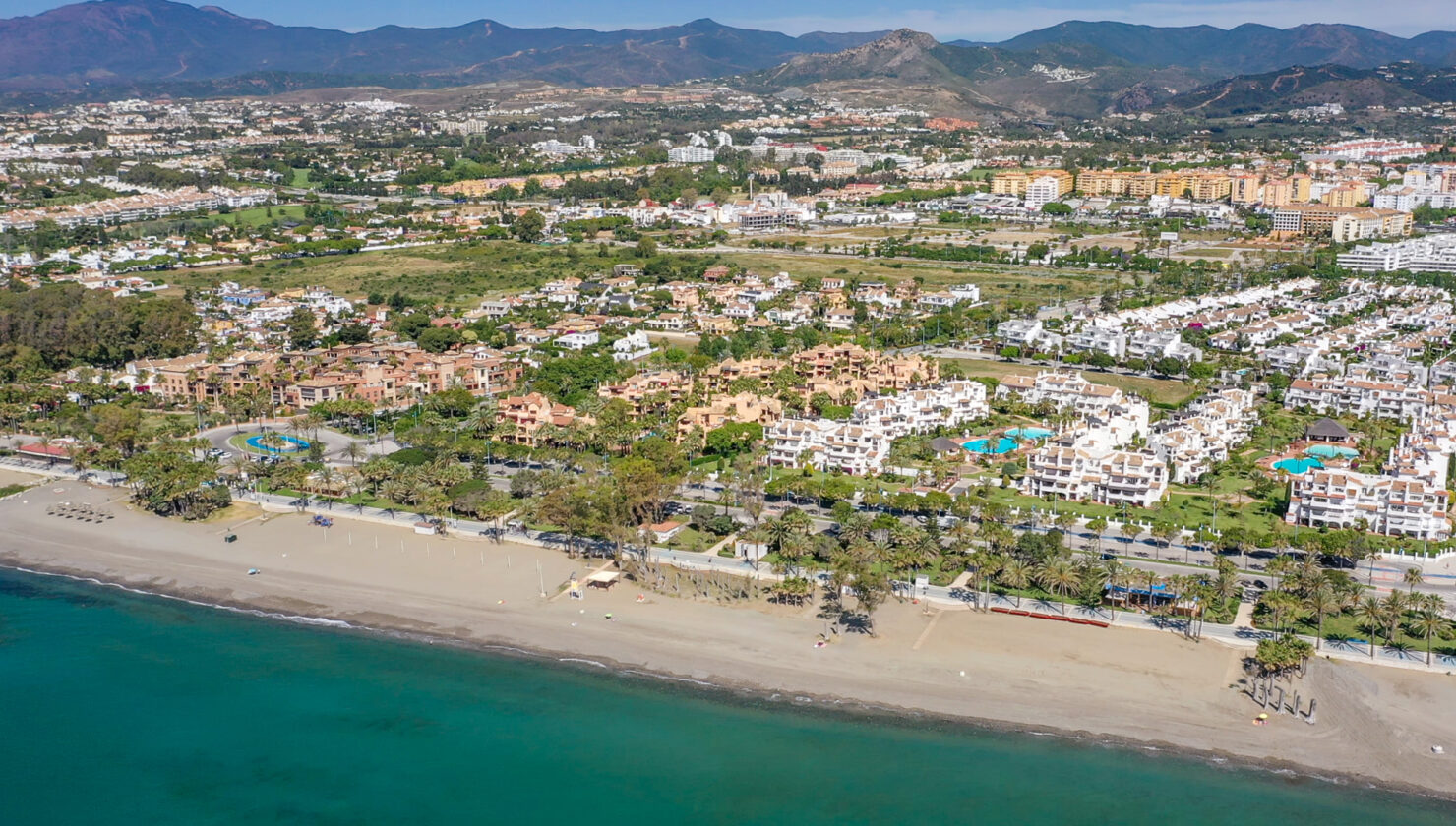Owners
What taxes do luxury vacation rental owners have to pay?

Vacation rentals in Marbella—particularly in the luxury property segment—have become one of the most profitable options for homeowners seeking to maximize the return on their assets. With the growing demand from high-end tourists looking for exclusive villas and premium apartments in Puerto Banús, Nueva Andalucía, or Marbella, income from short-term rentals has reached very attractive levels.
However, alongside this profitability comes a key issue: taxes. Understanding the fiscal obligations that apply to luxury vacation rental owners is essential to avoid penalties, optimize profits, and manage investments securely.
In this article, at Banus Rentals, we explain in detail which taxes vacation rental owners in Spain must pay, how they apply to residents and non-residents, and practical tips to manage your property efficiently.
Which taxes vacation rental owners in Spain must pay: fiscal framework
Below, we analyze the main taxes affecting tourist rental property owners, distinguishing between residents and non-residents for tax purposes in Spain.

1. Income Tax (IRPF or IRNR)
The first major tax affecting luxury homeowners renting properties for vacation use is Income Tax.
- If you are a tax resident in Spain, you must declare your vacation rental income under the IRPF (Personal Income Tax).
- These earnings are declared as real estate capital income.
- Deductible expenses include: community fees, utilities, property tax (IBI), insurance, repairs, and property depreciation.
- Since this is a short-term rental, the 60% reduction available for long-term residential rentals does not apply.
- If you are not a tax resident in Spain, rental income is declared under the IRNR (Non-Resident Income Tax).
- Residents of the EU, Iceland, or Norway: taxed at 19% on net income (deductions allowed).
- Residents of other countries: taxed at 24% on gross income (no deductions allowed).
2. VAT (Value Added Tax)
A frequent question is whether VAT applies to vacation rentals.
- General rule: vacation rentals are exempt from VAT. The owner does not charge VAT to guests.
- Exception: if the owner provides hotel-like services (reception, daily cleaning, meals, etc.), they must apply 10% VAT on the rental.
Banus Rentals tip: most luxury homeowners who entrust property management to a specialized agency do not need to charge VAT, as their rentals are considered tourist accommodations without hotel services.
3. Property Tax (IBI)
The IBI is a local property tax payable by all owners in Spain, regardless of whether the property is rented.
- Paid annually to the local town hall.
- The amount depends on the cadastral value and location.
- In Marbella, luxury villa IBI payments often exceed €2,000 per year.
Banus Rentals tip: always include IBI in your fixed cost strategy to accurately calculate real rental profitability.

4. Imputed Income Tax (when the property is not rented)
When a property is not rented, the Spanish Tax Office imputes a theoretical income to the owner.
- Applies mainly to non-residents whose property is not rented year-round.
- Calculated as 1.1% or 2% of the cadastral value.
- Declared annually under IRNR.
This means that even if your luxury villa in Marbella generates no income during certain periods, the tax authority assumes it still provides value and requires you to pay tax on it.
5. Wealth Tax
Luxury property owners in Marbella must also consider the Wealth Tax, depending on the value of their assets in Spain.
- Particularly relevant for non-residents with high-value properties.
- In Andalusia, the minimum exemption is €700,000.
- If your property exceeds this amount, you must declare it and pay according to a progressive scale (between 0.2% and 2.5%).
Banus Rentals tip: for beachfront villas or premium Puerto Banús apartments, this tax is common among international homeowners.
6. Municipal Capital Gains Tax (upon selling the property)
If you decide to sell your luxury villa or apartment in Marbella, you must pay the Municipal Capital Gains Tax (Plusvalía Municipal).
- This tax applies to the increase in land value from the time of purchase to the time of sale.
- Collected by the town hall, and the amount depends on the ownership period and land revaluation.
7. Other fiscal and administrative costs
In addition to the main taxes, luxury vacation rental owners must consider other expenses:
- Tourist licenses: in Andalusia, properties must be registered with the Andalusian Tourism Registry (VFT).
- Withholding taxes: in some cases, if rentals are managed through foreign platforms, tax withholdings may apply.
- Local fees and insurance: some municipalities impose additional charges for waste collection or urban maintenance.

8. Tax strategy for luxury homeowners
Managing a high-value property for vacation rental is not just about collecting rent—it is essential to optimize taxation to maximize net profitability.
Practical tips:
- Keep strict control of deductible expenses (community fees, utilities, maintenance, insurance, depreciation).
- Plan minimum stays and included services carefully to avoid VAT obligations.
- Work with a specialized tax advisor familiar with luxury vacation rentals.
- Centralize property management with companies like Banus Rentals, who not only optimize occupancy but also guide owners on tax and legal matters.
9. Key differences: residents vs. non-residents
To summarize, the main differences are:
- Residents: declare under IRPF, progressive rates, deducting expenses.
- Non-residents EU/EEA: taxed at 19% on net income.
- Non-residents outside EU/EEA: taxed at 24% on gross income, no deductions.
Luxury vacation rentals in Marbella offer homeowners highly attractive returns, but also require strict compliance with tax obligations. From IRPF or IRNR to IBI, Wealth Tax, or Capital Gains Tax, knowing the rules is essential to managing your investment securely.
At Banus Rentals, we help you maximize the benefits of your luxury property by handling full-service management.
If you own a luxury villa or apartment in Marbella and have questions about the requirements for a holiday rental property, or you want to make it profitable without complications, contact us. We will make your investment work for you with complete transparency and security.









